United States: The basic evidence to indicate that a healthy diet could be the solution to a lot of irritable bowel syndrome (IBS) symptoms is mounting.
More about the latest study
In the study, two different eating plans consumed by participants were prepared. The first group revealed improvements in all of the symptoms of digestive diseases, as compared to conventional medication taken.
According to the US News, one diet was low in “FODMAPs,” which is a group of sugars and carbohydrates found in dairy, wheat, and certain fruits and vegetables, while the second was a low-carb regimen high in fiber but low in all other carbohydrates.
The findings of the study were shared in the Lancet Gastroenterology and Hepatology journal on April 19.
Moreover, the new evidence might have profound meaning for people since they could test dietary plans in the first place before taking medicines for relieve.
More about irritable bowel syndrome (IBS)

Gastroenterologists face a constant struggle in dealing with cases of IBS, one of the most widespread and obstinate conditions.
It impacts roughly 6 percent of the populace of the USA, with the female population being the majority of those being diagnosed. Its symptoms are hard to ignore and life-limiting: abdominal pain, bloating, diarrhea, and constipation (collectively known as IBS).
For the treatment, various methods, such as changes in dietary or taking medications, which include laxatives and antidiarrheals, and certain kinds of antidepressants, both of which have the motive to raise the fluid level inside the patient’s gut and movements inside the intestines.
Know about the findings
The research into the matter has found that a low-FODMAP diet (an eating regimen that excludes certain types of carbohydrates such as wheat products, legumes, nuts, sweeteners, most dairy products, and many fruits and vegetables) may alleviate most of the typical symptoms in a large number of people to Dr. William Chey, a gastroenterologist at Michigan Medicine, shared with the New York Times’s is the fact that is that.
However, the diet can be hard to adhere to since it is very restrictive and demands to identify which ones are intolerable, adding them back to your diet to know for sure, as US News reported.
Alongside the other findings, some research also observes similar effects by suggesting modifications in eating behavior such as eating more slowly, smaller and more frequent meals, limiting coffee, tea, carbonated beverages, alcohol, and fatty or spicy foods, argued the Times by Sanna Nybacke, a dietitian and postdoctoral researcher at the University of Gothenburg in Sweden.
Nybacka and her colleagues then conducted a rower of patients who also felt relaxed with a low-carbohydrate diet. They finally compared several options for therapy.
Conducted at a hospital clinic which is located in Sweden, the researcher monitored 241 women and 53 men who were in the group of moderate to severe bowel movements disorder. The allocation to groups was done at random, and we pulled in groups for four weeks of treatment.
Regarding the medication group, researchers gave every person a drug among eight IBS drugs, which can efficiently improve the main symptoms, Snackbacka said. Gall bladder removed by surgery? Remove cholecystectomy. Impacted colon or infestation with pinworms? Add sterculia (syrup of sulphuric ether). Severe diarrhea? Take loperamide (Imodium).
The third group was told to take meals and recipes so that they could adhere to a low-FODMAP diet without restriction on rice, potatoes, quinoa, wheat-free bread, lactose-free dairy products, fish, eggs, chicken, beef, and various fruits and vegetables available. She also pointed out they were told to take meals at set intervals, eat slowly, in small portions, and be restrictive not only on the foods matter but also on the drinks that might cause the symptoms.
The last group was given food items and a lowcarbology, high-fat recipes focused on poultry, red meat, pork, fish, eggs, cheese, yogurt, vegetables, nuts and berries.
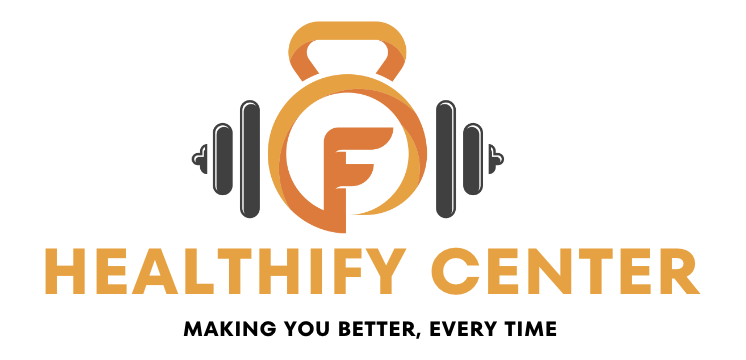

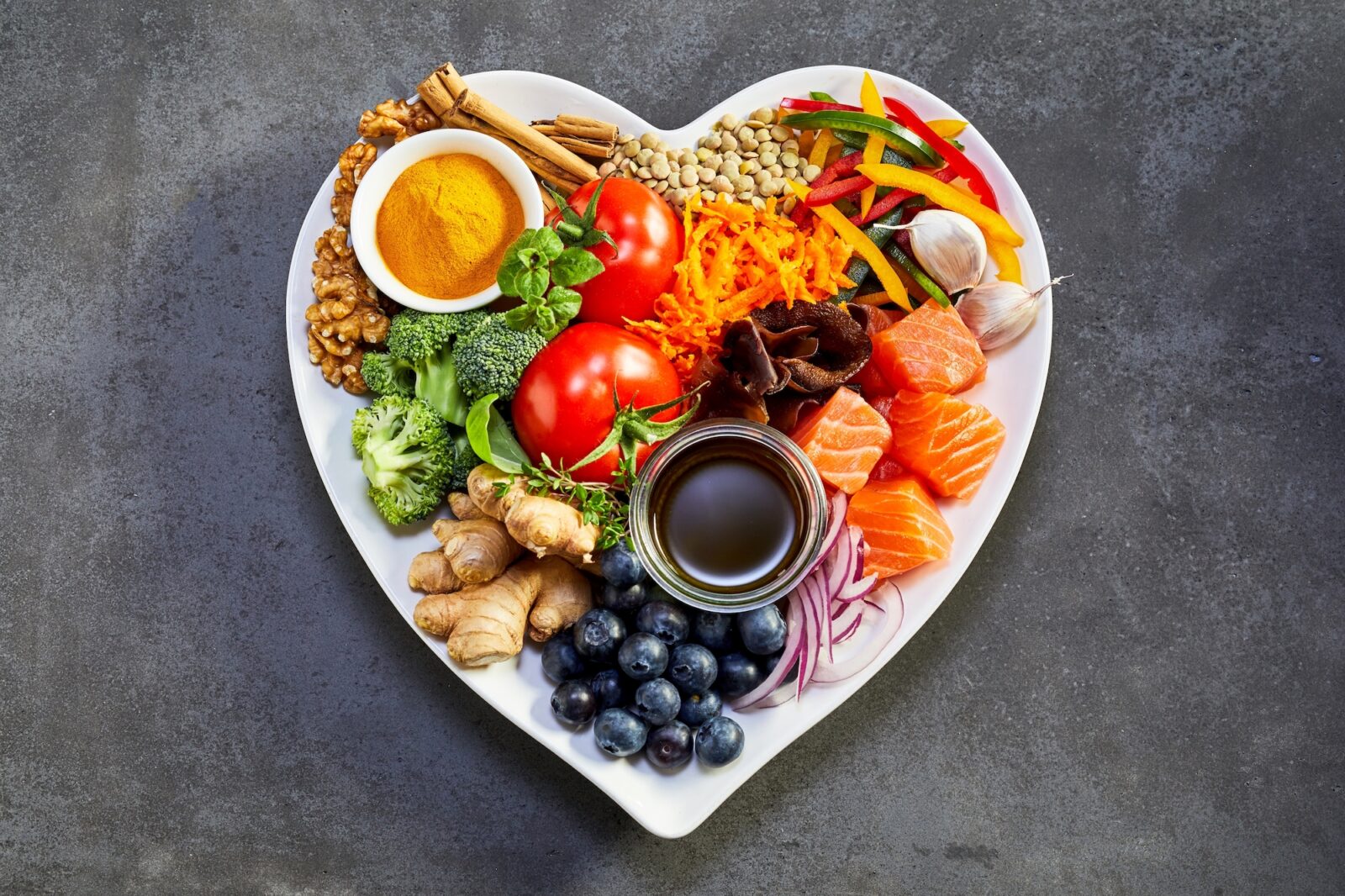

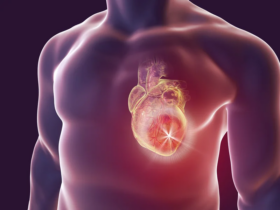


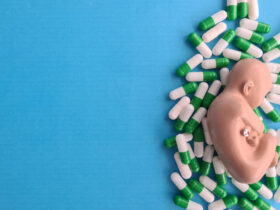


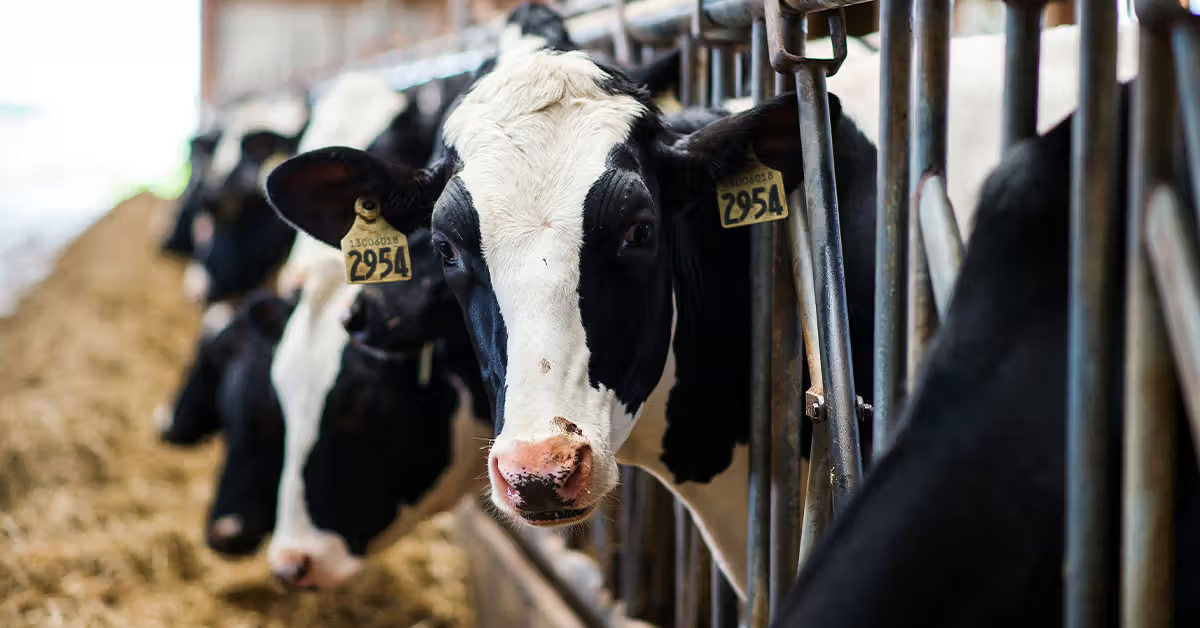

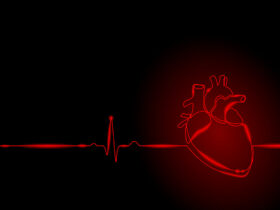
Leave a Reply